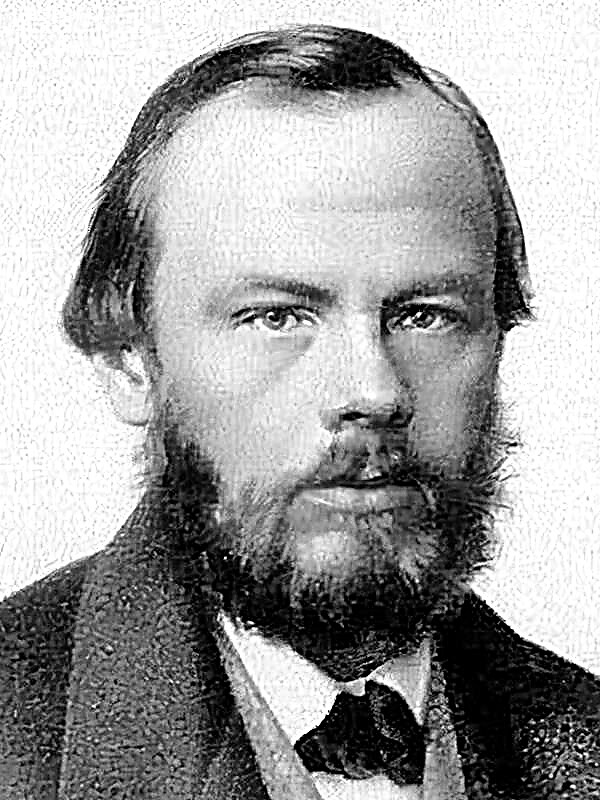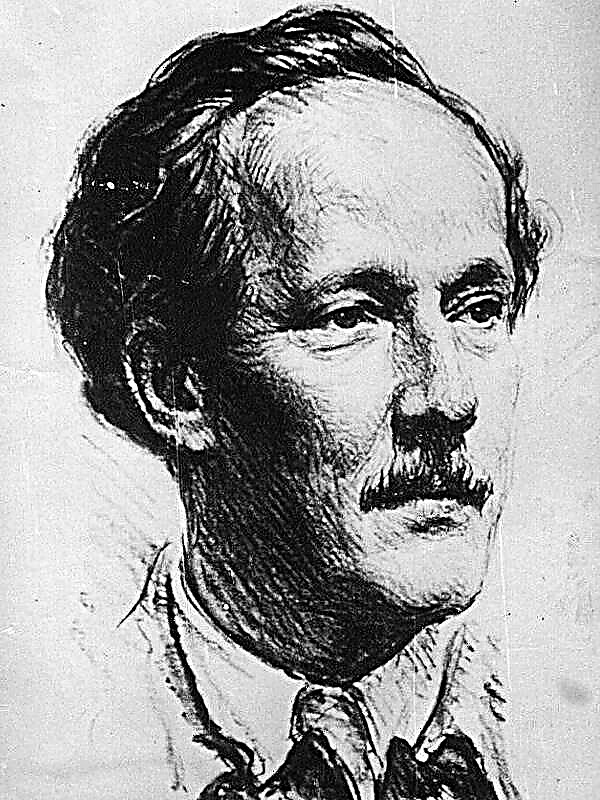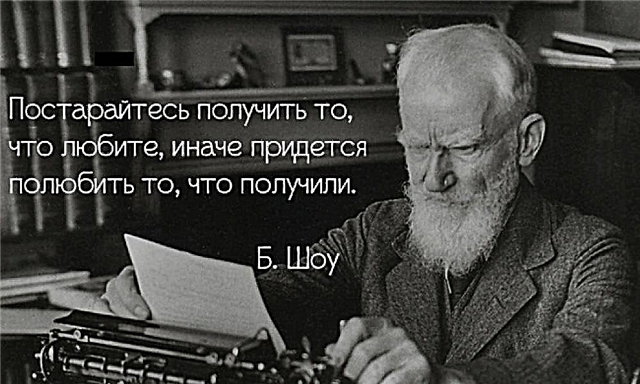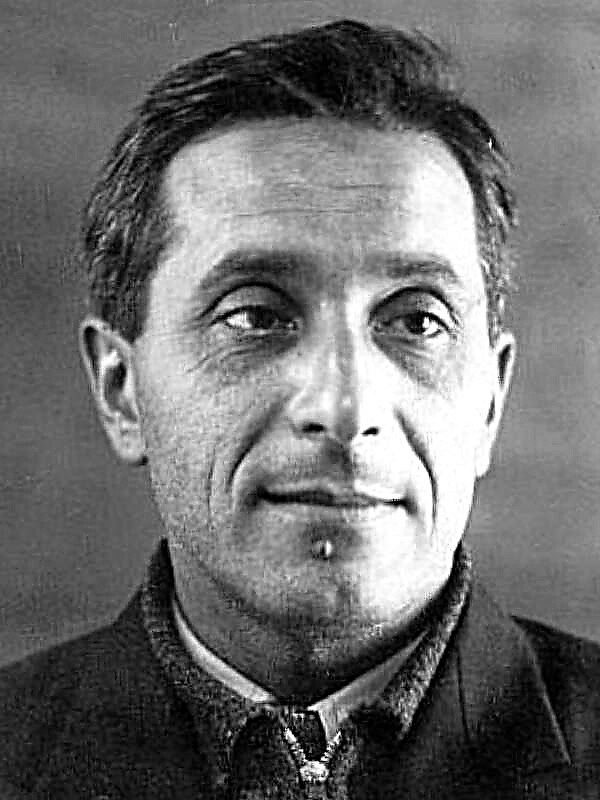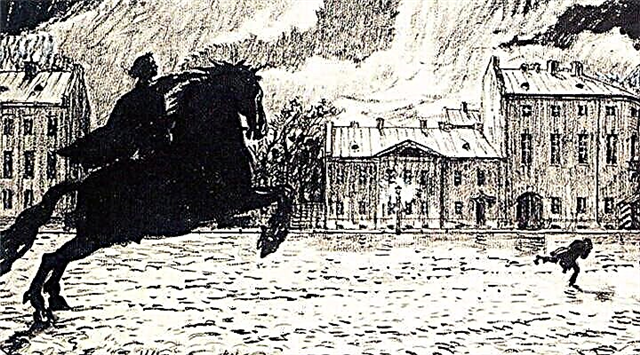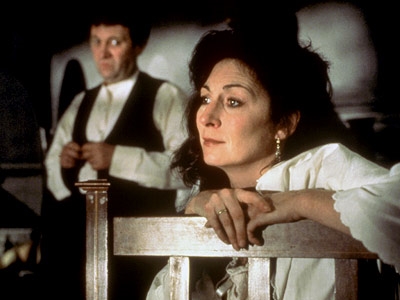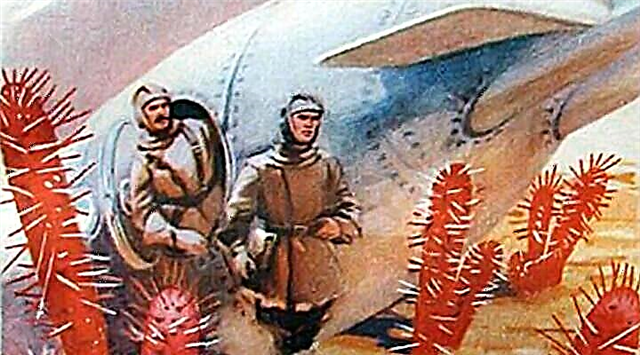For Alexander Blok, love was a separate line in his work. For him, this feeling was comparable to a flash. Devoting six years of poetry to Lyubov Mendeleeva, Blok idealized his wife. But, when the fire of love went out, the time came to write a poem "On valor, on exploits, on glory."
History of creation
When the first delight from the great feeling sunk into oblivion, Alexander Blok created the cycle of “Retribution”. In it, he did not want to get even with his wife for treason, but condemned himself. All poems of this cycle are imbued with feelings of exhaustion and spiritual ruin.
“About valor, about feats, about glory”, the poet reflected on the day before the new 1909. This poem has a real basis - a love triangle between Alexander Blok, Lyubov Dmitrievna and Andrei Bely. The departure of the wife completely devastated the creator, he lost his divine ideal. This was followed by the return of his wife, but with him did not come the same love.
Genre, composition, direction and size
The poem is written in the genre of a love message. Unfortunately, this is a message of past love, it is now gone forever. To describe his condition, Blok again resorts to symbolism. The poet chooses the five-foot iambic as the size, while the rhyme is cross.
The choice of ring composition is determined by the fact that the hero needs to make a decision and return to the beginning.
Images and Symbols
Alexander Blok devotes his love letter to the portrait. It serves as one of the symbols of the past, but for the poet it is a living spiritualized image of his beloved. It seems that the whole world is enclosed in the portrait.
The portrait of Blok’s wife stands on a lectern - a quadrangular table, which stands in the church in front of the iconostasis. Also before the lectern is the sacrament of wedding. The fact is that the poet compared love with divine light power, and the oath of allegiance to her meant everything to him. The image standing on the analogue is a symbol of the husband’s loyalty and wife’s betrayal.
The central image of the poem is the "cherished ring", which the lyrical hero throws out. After all, the oath of allegiance is broken. Even the time of day (night) is also a kind of sign. She acts as an unknown. Another important detail is the blue color of the cloak. In the Middle Ages, he was a symbol of treason.
The lyrical hero speaks with a portrait of his now distant wife. He hopes that his words will convey to his beloved. Her image, not overshadowed by the events of recent years, makes her husband forget about grief, valor and glory.
Themes and mood
The main theme of the poem is disappointment in love. The motive is retribution to himself and his wife, who has changed the ideals of fidelity. The lyrical hero does not accept such love and decides to leave, closing any memories for himself, including the portrait. The motive of debauchery is also traced, because wine and corrupt women are the new “family” of an abandoned man.
The main indicator of mood is the already mentioned color. He evokes sadness, longing and a bitter aftertaste of treason.
Idea
The main idea in the poem is embodied in the fact that with the departure of a loved one, the lyrical hero loses the meaning of life and faith in the bright ideal of love. His spiritual life was replaced by wine and passion, mixed with the sorrow of loss.
His Fair Lady dissolved in a blue cloak. This destroys the poet to the end. This is the whole point of love - it inspires or destroys.
Means of artistic expression
Blok's love experiences were colored in the necessary shade of epithets (woeful earth, treasured ring, wet night, damned swarm). Metaphors (in a simple frame and a blue cloak) draw the image of the heroine. Also in the creation of the image involved avatars (shone on the table, days flew).
In addition, Alexander Blok uses refrain to enhance the effect of bitterness from parting with the ideal.

